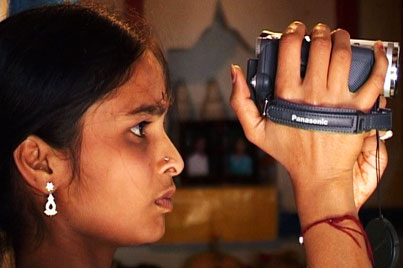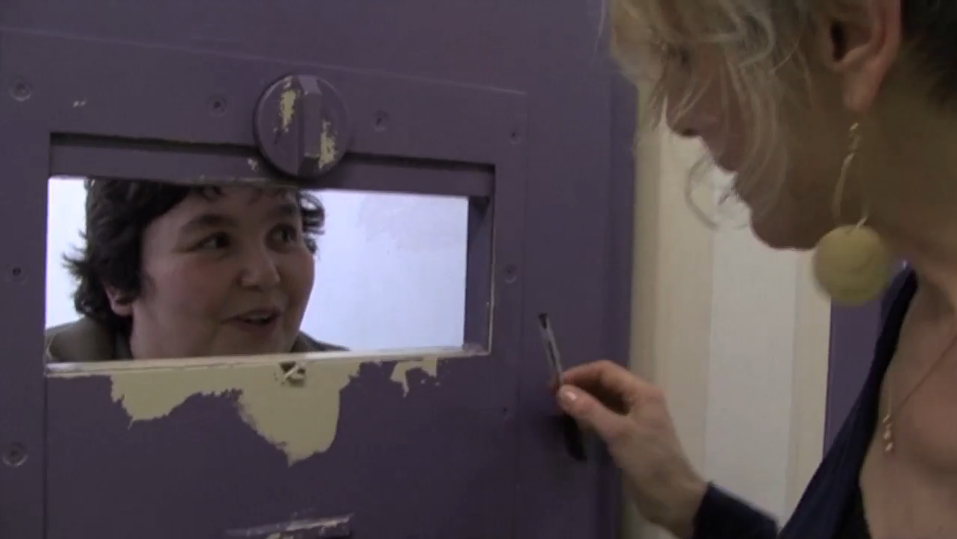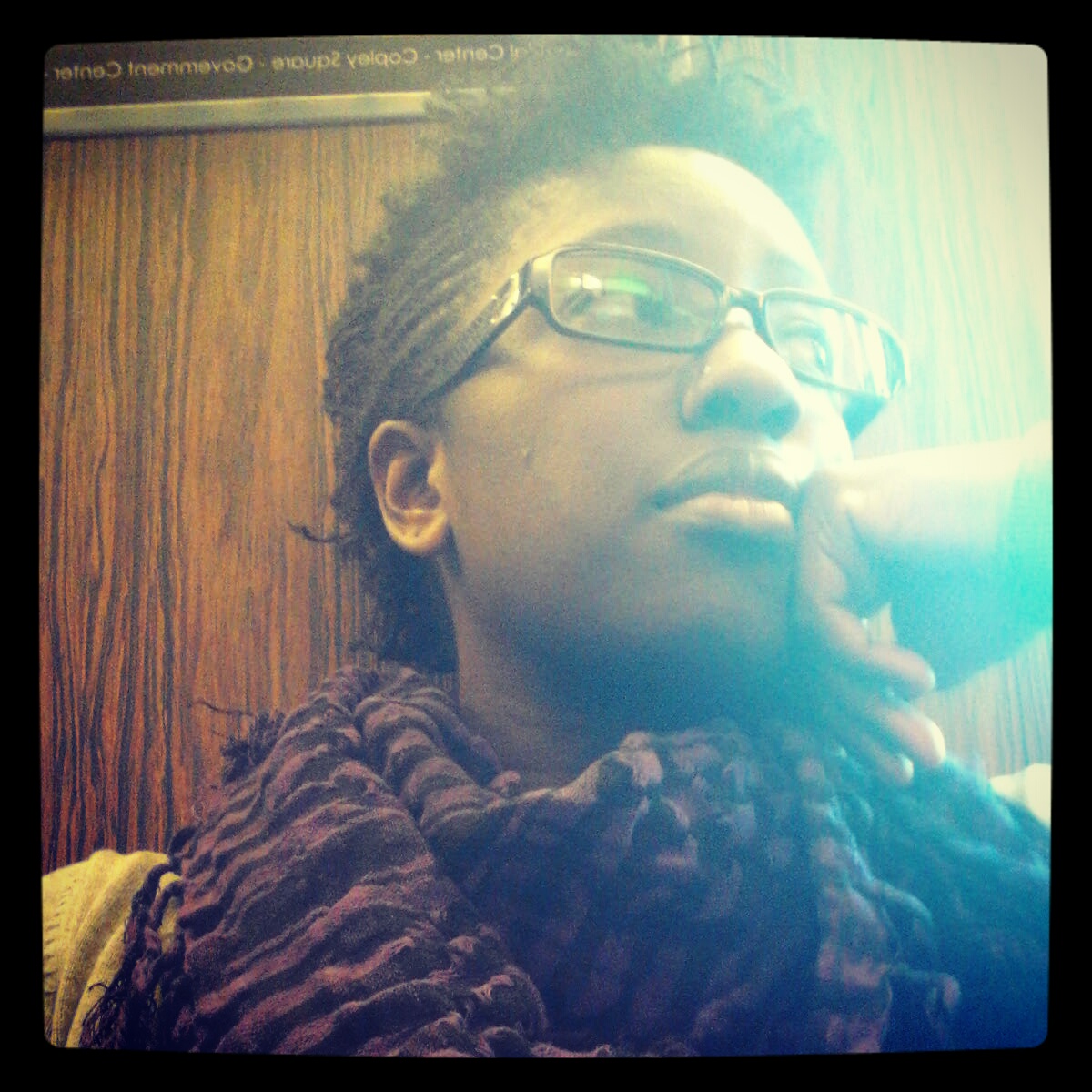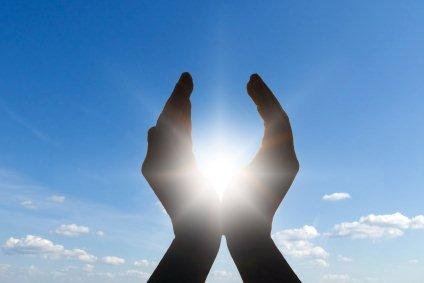It's only been a few months since the LFFF's initial email to me, but judging from the film festival's program, the organizers efforts have really paid off. It's not every day I get to see I'm impressed with an organization's outreach efforts (and results). So, I'd like to take this…
-
-
4 Powerful Documentaries about African Women Everyone Should Watch
Check out these powerful films -- Taxi Sister, KungFu Grandma, The Witches of Gambaga, and Ladies' Turn -- exploring the lives of African women through narrative documentary. They're showing at the London Feminist Film Festival, which was set up as a response to the under-representation of women in the film…
-
Afrofeminist Film Review of “Beautiful Sentence”: Women in Prison Write Poetry for Healing and Salvation
Check out my review of Beautiful Sentence, a short documentary about women in prison as they experience the liberating effect of creative writing, in which I reflect on gender segregation in prison systems and its impact on transgender women. Beautiful Sentence screens at the first annual London Feminist Film Festival…
-
On Anti-Bullying Campaigns, LGBT Youth of Color Suicide, and Why I Never Supported Spirit Day
I didn't sign into Facebook that morning. I knew what I'd see; a timeline of status updates and cropped purple photos for Spirit Day; a timely performance of empathy. I knew, too, that my Facebook feed, practically segmented into Lists, including one for "Nigerian", "College" and "Queer" would vary in…
-
Response to “An End to Self Care”: How About “An End to the Activist Martyr Complex?”
An articled called, "An End to Self Care" was recently published, in which an activist proposed bringing an end to all the individualism behind "self-care" and, instead, called for sustainable community care. His piece (and some of its praise) reminded me why I've made it a point to stay away…
Online rulet oyunları gerçek zamanlı oynanır ve online slot casino bu deneyimi canlı yayınlarla destekler.
İnternet üzerinden eğlence bahsegel giriş arayanlar için deneyimi vazgeçilmezdir.
Kullanıcıların hesaplarına hızlı ve sorunsuz bettilt ulaşabilmesi için adresi her zaman güncel tutuluyor.




